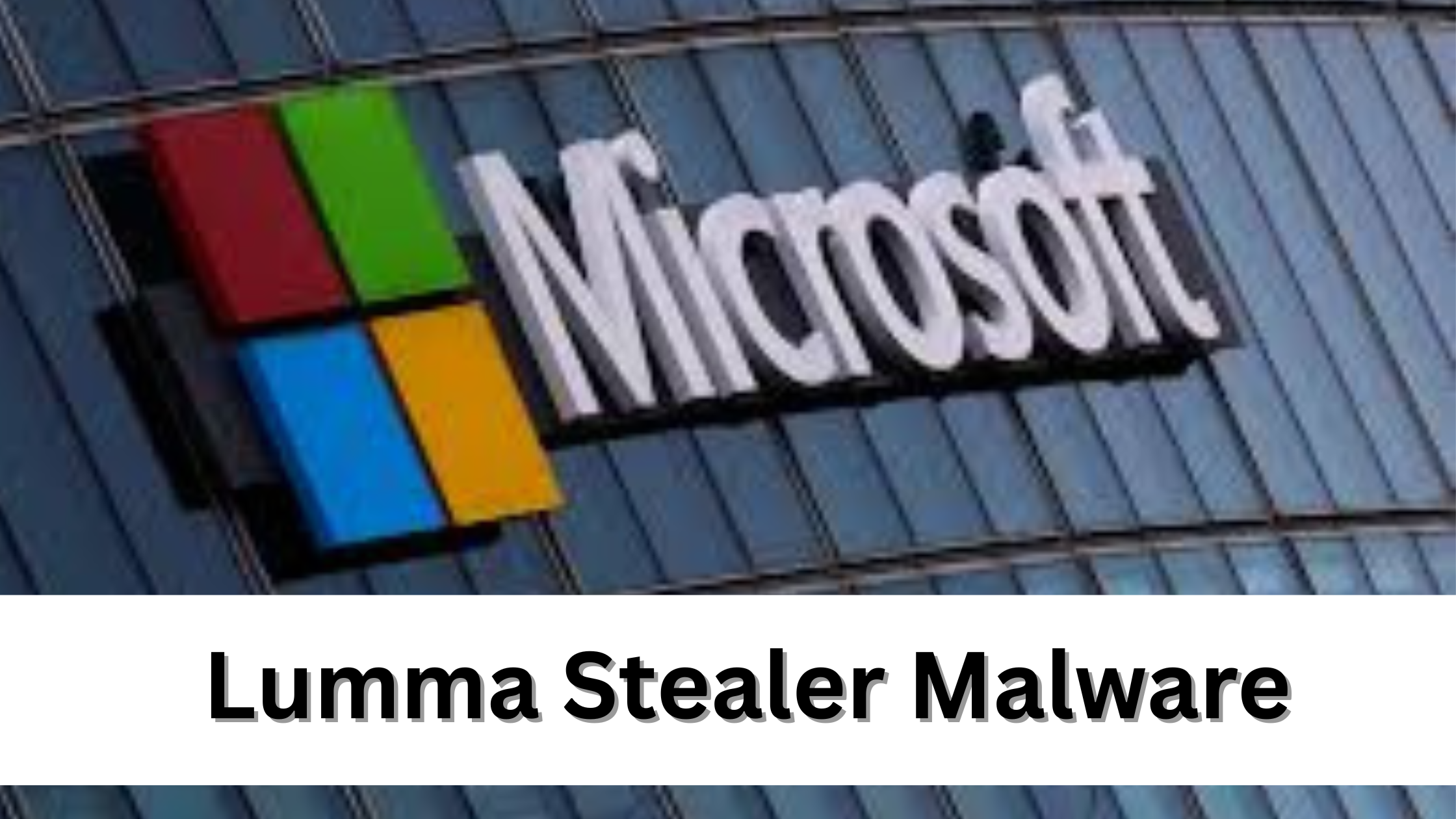Lumma Stealer Malware Network Shutdown: Lessons for Cybersecurity Defenses

Microsoft, in collaboration with international law enforcement agencies, has successfully taken down the Lumma Stealer Malware network, a sophisticated threat targeting Windows systems worldwide. Lumma Stealer Malware was responsible for stealing sensitive data, including passwords, banking information, and cryptocurrency wallets. This operation demonstrates the importance of coordinated global action and the critical role of private companies in dismantling complex cybercrime networks.
Understanding the Threat
Lumma Stealer Malware operated as a malware-as-a-service (MaaS) platform, allowing cybercriminals to launch attacks even without advanced technical knowledge. It primarily targeted login credentials, browser cookies, and financial information from infected devices. Its subscription-based model enabled widespread distribution and monetization, turning cybercrime into a scalable business. With constant updates, obfuscation, and encrypted communications, the malware was difficult to detect and neutralize.
Microsoft’s Technical Intervention
Microsoft’s Digital Crimes Unit played a key role in neutralizing Lumma Stealer Malware. By analyzing abnormal network traffic and monitoring command-and-control servers, Microsoft identified thousands of domains used by the malware. Court-authorized domain seizures redirected over 2,300 domains to secure servers, cutting off the malware’s communication channels and preventing further data exfiltration. This intervention was essential in halting ongoing attacks and providing law enforcement actionable intelligence.
International Law Enforcement Collaboration
The takedown involved coordination with Europol, the FBI, and Japan’s Cybercrime Control Center. Authorities dismantled servers, shut down Telegram channels, and closed forums used for distributing and promoting Lumma Stealer Malware. This multinational effort ensured that the malware operators could not relocate to another jurisdiction and continue operations, effectively neutralizing its global infrastructure.
Malware Distribution Methods
Lumma Stealer Malware spread via phishing campaigns, malicious downloads, fake software updates, and compromised websites. Social engineering tactics were central to its propagation, as users were often tricked into executing malicious files unknowingly. Once installed, the malware silently collected sensitive information, including credentials, banking details, and cryptocurrency wallet data. Its stealthy nature allowed attackers to harvest large amounts of data before detection.
Impact on Individuals and Organizations
Between March and May 2025, nearly 394,000 devices were infected by Lumma Stealer Malware globally. Organizations faced operational disruptions, financial losses, and reputational damage. Small and medium-sized enterprises were especially vulnerable due to limited cybersecurity resources. Individuals were affected by identity theft, unauthorized account access, and stolen cryptocurrency. The takedown prevented further losses and secured sensitive data across multiple sectors.
Technical Capabilities of Lumma Stealer Malware
The malware employed advanced techniques including polymorphic code, encrypted communications, and stealth mechanisms to evade detection. It was capable of logging keystrokes, capturing screenshots, and extracting system configurations. Its modular design allowed operators to update functionality quickly, ensuring continued evasion of antivirus and endpoint security solutions. These capabilities made Lumma Stealer Malware one of the most persistent and adaptive infostealer threats.
Lessons Learned
The dismantling of Lumma Stealer Malware emphasizes the importance of combining technical expertise, legal action, and international collaboration. Microsoft’s domain seizures complemented law enforcement efforts, demonstrating how proactive measures can neutralize sophisticated malware networks. Real-time monitoring, intelligence sharing, and coordinated multinational actions were key to the operation’s success.
Preparing for Future Threats
Despite the takedown, experts warn that similar threats will continue to emerge. Organizations should adopt multi-layered cybersecurity strategies, including endpoint protection, network monitoring, multi-factor authentication, and secure backups. Employee education to identify phishing attempts and suspicious activity is crucial, as human error is frequently exploited by infostealer malware.
Public Awareness and Prevention
Raising awareness among users is critical to reducing malware infections. Since Lumma Stealer Malware relied heavily on social engineering, educating users about safe browsing, secure downloads, and email verification can significantly reduce infection risks. Microsoft and law enforcement agencies provide guidance and tools to help organizations and individuals detect and remediate infections effectively.
Microsoft’s Commitment to Cybersecurity
The takedown of Lumma Stealer Malware highlights Microsoft’s ongoing dedication to global cybersecurity. By combining technical expertise, intelligence sharing, and collaboration with international authorities, Microsoft ensures proactive measures against emerging cyber threats. This operation serves as a model for future initiatives to protect both businesses and individuals in the digital landscape.
Read Full Article : https://bizinfopro.com/news/it-news/microsoft-and-global-authorities-dismantle-lumma-stealer-malware-network-2/
About Us : BizInfoPro is a modern business publication designed to inform, inspire, and empower decision-makers, entrepreneurs, and forward-thinking professionals. With a focus on practical insights and in‑depth analysis, it explores the evolving landscape of global business—covering emerging markets, industry innovations, strategic growth opportunities, and actionable content that supports smarter decision‑making.
- Art
- Causes
- Crafts
- Dance
- Drinks
- Film
- Fitness
- Food
- Spiele
- Gardening
- Health
- Startseite
- Literature
- Music
- Networking
- Andere
- Party
- Religion
- Shopping
- Sports
- Theater
- Wellness



